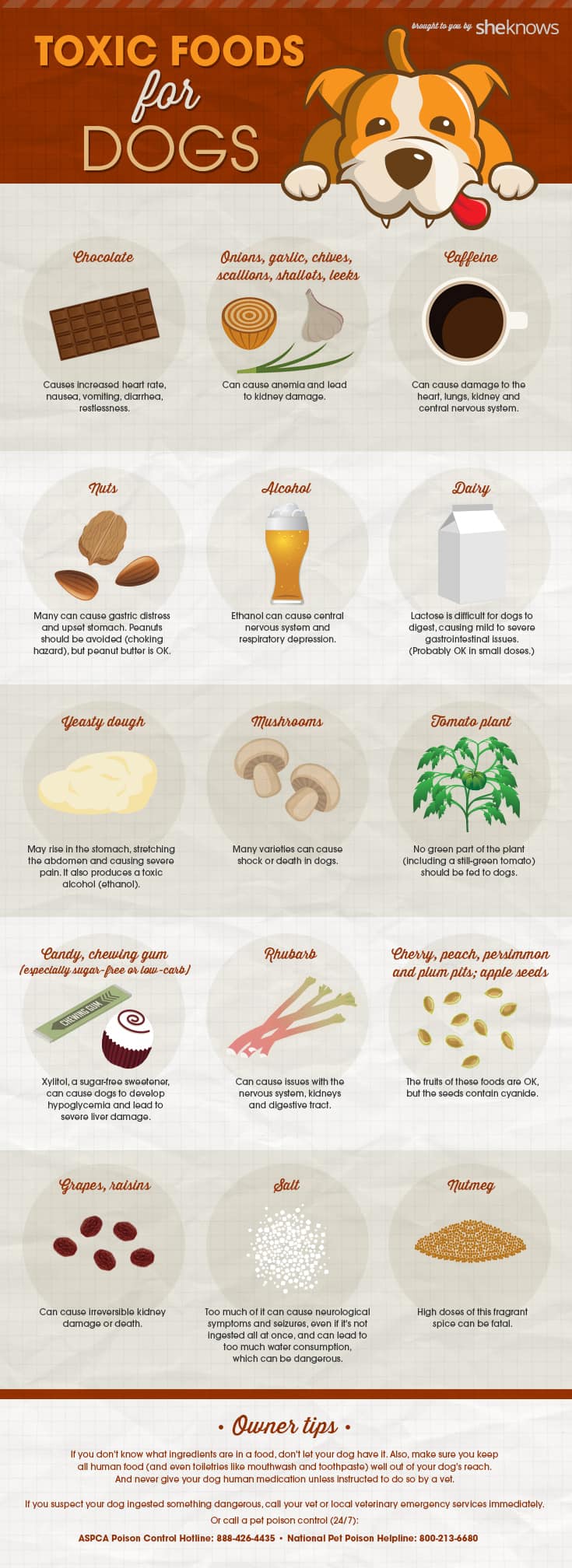What Happens During A Dog Daycare Evaluation
What Happens During A Dog Daycare Evaluation
Blog Article
Can Pet Dog Childcare Reason Disease?
Canines in daycare obtain great deals of exercise, socialization with various other canines and unique experiences. This can be specifically handy for young puppies and canines with behavior problems.
There are a number of lawful factors to consider you need to take into account when starting a dog daycare service. These consist of the structure of your company and compliance with federal government laws.
1. Pooch Distemper
Canine distemper is spread out through direct contact with the bodily fluids and waste of an infected pet dog, yet it can also be transmitted through shared water and food bowls or through airborne droplets. This highly infectious disease is most harmful for young puppies, however it can affect canines of any type of age and is fatal for many if left without treatment.
Preliminary signs of canine distemper commonly resemble an acute rhinitis, consisting of dripping eyes and nose with watery or pus-like discharge. As the condition proceeds, a pet dog will certainly create high temperature, coughing, reduced appetite, vomiting and diarrhea. The virus can also attack the nervous system, resulting in seizures, twitching and partial or complete paralysis.
Trusted day cares decrease exposure to infection by needing vaccinations, routine health examinations and follow strict hygiene procedures. If your pup seems overly tired or limping, a day of rest may help him recover, but you need to stay clear of taking him back to childcare up until these signs improve.
2. Kennel Cough
Kennel cough, additionally called transmittable canine tracheobronchitis or Bordetella, is a highly contagious viral or microbial illness that impacts the respiratory system. It's frequently moved with the exchange of saliva or air droplets that an ill dog exhales. Social pets go to higher risk for infection as a result of their regular communication with each other, such as when they play, share food or water, sniff one another or simply satisfy in a crowded environment like a pet park or childcare.
The most common symptom of kennel coughing is a consistent and forceful cough that seems like something embeded the throat or retching. Typically, dogs will certainly divulge frothy white phlegm. If left neglected, a dog can create pneumonia and go to severe danger for life.
A reputable childcare facility should have strict cleansing and cleanliness protocols, disinfect all toys, food and water bowls routinely, and be open concerning their inoculation policies. Maintaining your pet dog as much as date on their inoculations, particularly for bordetella and canine influenza, will greatly lower their opportunities of acquiring the disease.
3. Parvovirus
Canine parvovirus, or parvo, is a highly transmittable viral health problem that can be fatal dog kennels near me for pups and young adult dogs with inadequate immune systems. It's most commonly spread out by direct contact with infected pet dog feces-- which can happen when pet dogs sniff, lick, or preference infected feces-- and indirectly from contaminated individuals, objects, or settings (like kennels, grooming areas and yards). Puppies and pets without total vaccination backgrounds are particularly vulnerable to parvo.
The infection is very resilient, enduring in the atmosphere for approximately nine years, and can conveniently be transferred in between canines by contact with feces or on shoes, garments, and bedding infected with parvovirus. If not dealt with instantly with IV liquids, electrolyte balance, throwing up control medicines and anti-biotics to avoid second bacterial infections, a pet will rapidly dry out and develop extreme diarrhea, which causes shock and sepsis. Parvo is tough to cure when a dog has actually become ill, however with ideal veterinary treatment, many young puppies do survive this health problem.
4. Canine Influenza
Pooch influenza infection is very infectious and spreads via direct get in touch with, sharing food and water bowls, licking or nuzzling various other canines, via airborne droplets, and via contaminated surfaces. Inoculation is effective in minimizing the risk of infection and break outs.
The majority of affected pet dogs create a mild respiratory system infection with a cough that lasts 1-3 weeks. They may additionally have nasal and ocular discharge, sneezing, and lethargy. Several of the most major instances result in pneumonia and a high fever.
If your pet dog shows any of these signs, do not bring them back to childcare until they are healthy. If your pet dog is showing indications of severe exhaustion or limping, speak with your veterinarian right away and make certain they get on good health supplements to help develop their resistance. A vet will assess your pet dog for signs and symptoms of the influenza by taking a sample from the nose or throat, and blood tests can be done to verify.